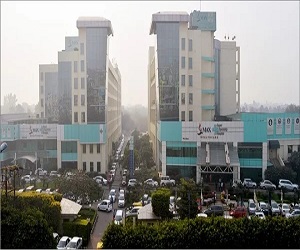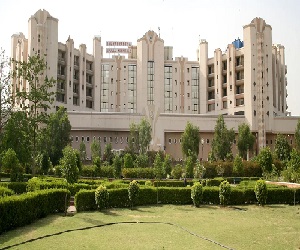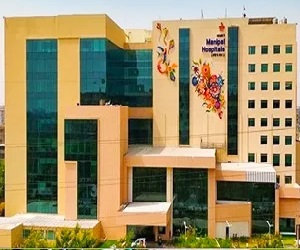Kidney Transplant
Kidney transplant, or renal transplantation, is a transformative procedure for those suffering from end-stage renal disease. Over the years, India has become a premier destination for kidney transplants, providing exceptional medical care, experienced transplant surgeons, and a robust organ donation system.
The kidneys filter waste products from your blood, which are then excreted through urine. When a kidney fails, it can lead to severe health problems. A prompt kidney transplant is essential to address these health issues and restore normal function.
Benefits of Kidney Transplant
- Kidney transplant helps a person live longer, and it even improves your quality of Life.
- Next, a kidney transplant aids you in avoiding dialysis, and you can return to a normal lifestyle.
- It increases your energy level, and thus you will perform better.
Overall, you know how a kidney transplant helps you live life again.
Who needs a kidney transplant?
Patients with end-stage renal disease (ESRD) or kidney failure require a kidney transplant. Conditions such as repeated kidney infections, diabetes, high blood pressure, polycystic kidney disease, and lupus can cause significant kidney damage, making a transplant necessary. Before the procedure, your doctor will determine your blood group and tissue type to find a compatible donor. Additionally, they will check for infections and evaluate your overall health to ensure the success of the transplant.
How is a kidney transplant done?
Here are the steps that clearly show how a kidney transplant is done:
- The surgeon employs advanced tools to make an incision in the lower abdomen and place the donated kidney in the correct position.
- Next, the surrounding blood vessels are connected to the donated kidney to ensure it begins functioning properly.
- Finally, the surgeon connects the ureter to your bladder, allowing the kidney to pass urine to the bladder.
Once you learn how a kidney transplant is done, you will feel confident about getting the treatment.
Recovery and Post-Surgery Care
After the surgery, you will be moved to the Intensive Care Unit for close monitoring. You may need to stay in the hospital for several days as doctors assess the status of the donated kidney. Once you return home, it’s crucial to keep the surgical area clean and dry. Your doctor will provide specific bathing instructions that you should follow. Regular monitoring of your blood pressure and weight is important; an increase in blood pressure could indicate that your kidney is not filtering fluids properly.
Risks Associated with Kidney Transplant
After the surgery, there’s a risk of infection or bleeding, which doctors may address with prescribed antibiotics. Urine leakage is another potential complication post-kidney transplant; prompt consultation with your doctor is crucial if this occurs. Blockages in the blood vessels connected to the new kidney can pose life-threatening risks; it’s essential for the doctor to clear these blockages to ensure the normal function of the donated kidney.
Dialysis & Kidney Transplant cost in India are as follow
| Treatment | Cost in USD | Stay in Hospital |
| Kidney Transplant | 10000-12000 | 5-7 Days |
| Kidney Cancer Treatment | 2500-3500 | 2-7 Days |
| Prostate Cancer Treatment | 3500-4500 | 3-4 Days |
| Meningiomas Treatment | 4000-4500 | 8-10 Days |














